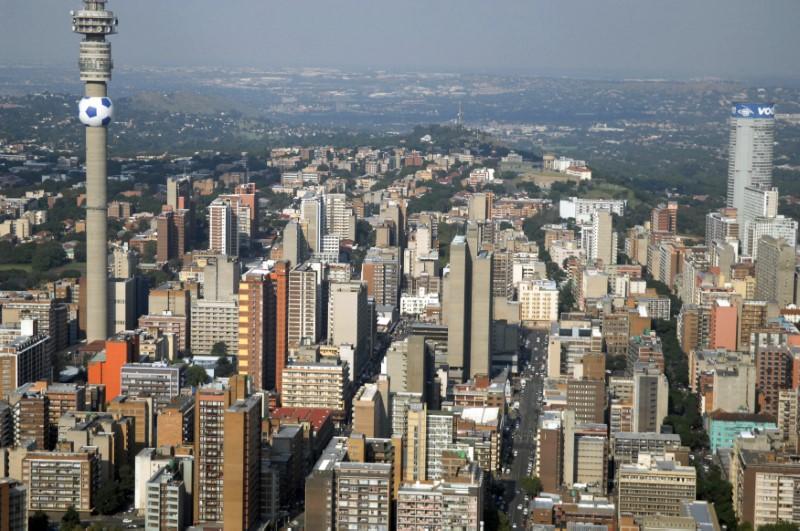
S. Africa’s Gauteng Province overtakes Western Cape to become COVID-19 epicenter

South Africa’s Gauteng Province, the economic hub in the country, has overtaken the Western Cape to become the country’s COVID-19 epicenter, Health Minister Zweli Mkhize said on Thursday.
Gauteng now has 75,015 confirmed COVID-19 cases, the highest number among all the nine provinces, compared with 73,292 confirmed cases in the Western Cape, which had remained the country’s epicenter since May 1 when the hard lockdown was eased.
With cases rising rapidly, burial sites around Gauteng have started preparing graves and assessing its capacity, in order to make provisions for the worst scenario, Gauteng’s Department of Health said.
As of Wednesday, the province recorded a total of 478 deaths related with COVID-19.
Currently planned hospital beds in Gauteng are projected to be insufficient for combined non-ICU bed demand and the overflow from ICU once ICU capacity has been breached.
Bed capacity (including all currently committed public and private sector beds) is expected to be breached in the next four weeks, according to Mkhize.
He said the Ministry of Health is implementing the Surge Strategy in anticipation of the peak to ensure that the department increases capacity for COVID-19, while at the same time continuing to deliver other health services to the health care users.
During this process, the ministry repurposed a total of 27,467 beds for COVID-19, which has increased to 40,309 beds as the provinces started to experience a sudden increase in the number of cases, Mkhize said.
Nationwide, the cumulative number of cases has reached 224,665, up by 8,810 from one day ago, Mkhize said.
The national death toll stood at 3,602 as of Wednesday, of which 100 deaths were reported in the past 24 hours, said Mkhize.
The number of recoveries was 106,842, which translated to a recovery rate of 47.5 percent, he said.






